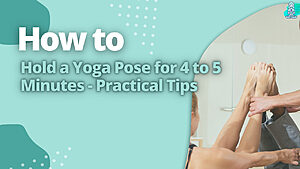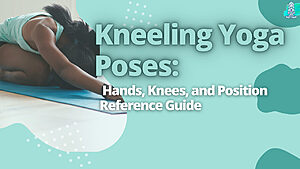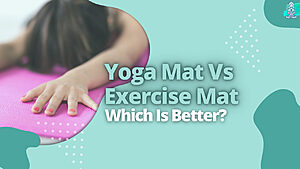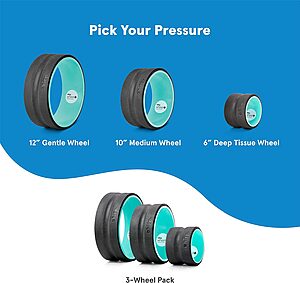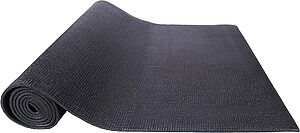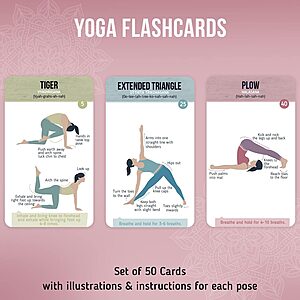Zumba is a great workout for the brain. It helps improve cognitive function, memory, and reaction time.
I’m a big fan of Zumba. I’ve been taking classes for years, and I’ve seen firsthand how it benefits my brain health. Research has shown that Zumba can help improve cognitive function, memory, and reaction time.
So if you’re looking for a workout that’s good for your body and mind, Zumba is a great option.
Key Takeaways
- Zumba is a good workout for the brain.
- It can help improve cognitive function and memory.
- It can also help reduce stress and anxiety.
- Zumba is a good way to get your heart rate up and get moving.
- Zumba can help protect your brain from age-related decline.

Here’s The Answer To Is Zumba Good For The Brain
Zumba is an aerobic exercise that combines Latin and international music with dance moves. It’s a fun, energizing workout that can help you get in shape and improve your mental health.
Here are three ways that Zumba can benefit your brain:
- Improves cognitive function: As we age, our cognitive function declines. However, it has been demonstrated that consistent aerobic activity can delay this decrease. One study found that people who did Zumba three times a week had better cognitive function than those who didn’t exercise.
- Reduces stress and anxiety: Exercise has long been known to reduce stress and anxiety. Zumba is no exception. According to a recent study, participants who practised Zumba had lower cortisol levels than those who did not exercise.
- Increases brain connectivity: Aerobic exercise has been shown to increase the connectivity between different brain regions. This increased connectivity has improved cognitive function, reduced stress and anxiety, and possibly defence against dementia and other degenerative diseases.
Zumba Is An Aerobic Exercise That Can Help To Improve Brain Health
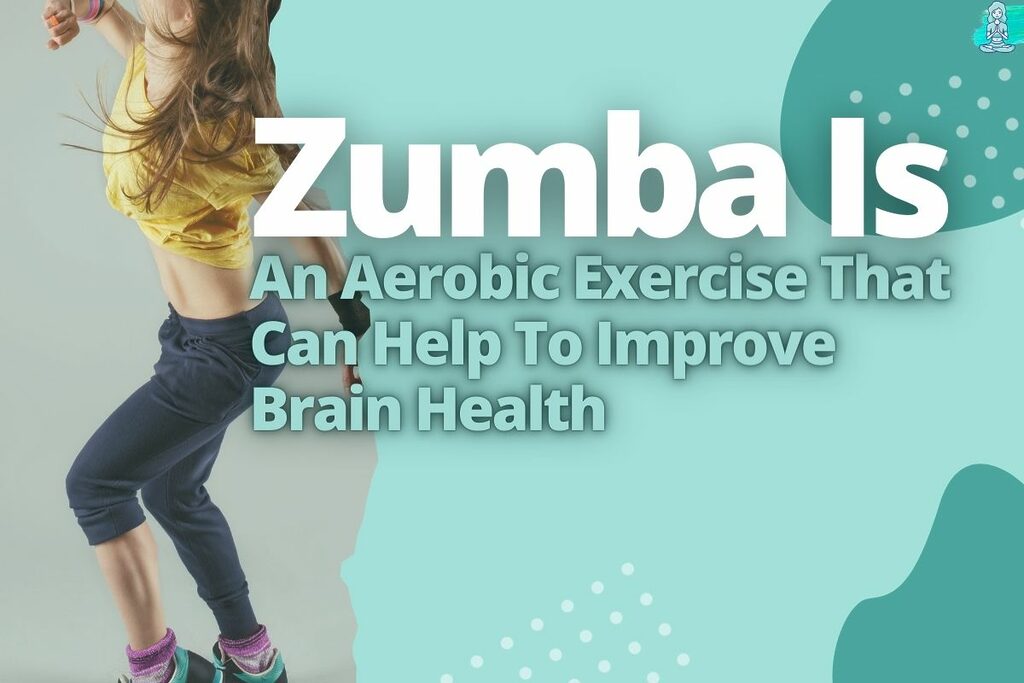
Zumba is an aerobic exercise that can help to improve brain health. By participating in regular physical activities like Zumba, people can help to improve their cognitive skills and reduce the risk of dementia.
Studies have shown that aerobic exercise can help to improve brain function by increasing blood flow to the brain and helping to create new neural connections.
Exercise has also increased serotonin levels, a neurotransmitter important for mood and memory. I have firsthand knowledge of Zumba’s numerous advantages.
It gives you tremendous exercise and is a lot of fun. The social interaction and upbeat music make it an enjoyable way to get some physical activity. After a Zumba class, I always feel energized and cheerful.
Studies Have Shown That Aerobic Exercise Can Help To Improve Memory
The benefits of aerobic exercise have been well-documented in neuroscience and neurology. Aerobic activity has been demonstrated to enhance cognitive performance in adults of all ages, including those with Alzheimer’s disease and other types of dementia.
Aerobic exercise has also been shown to be beneficial for children and adolescents. A recent study showed that children who participated in an after-school program that included an aerobic exercise component had better grades and improved behaviour compared to those who did not participate in the program.
There are many health benefits associated with aerobic exercise, including lower blood pressure, reduced risks of heart disease and stroke, improved coordination, and increased fitness levels.
Additionally, regular aerobic exercise has been shown to improve mental health by reducing stress and anxiety, improving mood, and increasing levels of endorphins (the “feel-good” hormones).
Zumba May Also Help To Reduce The Risk Of Developing Dementia
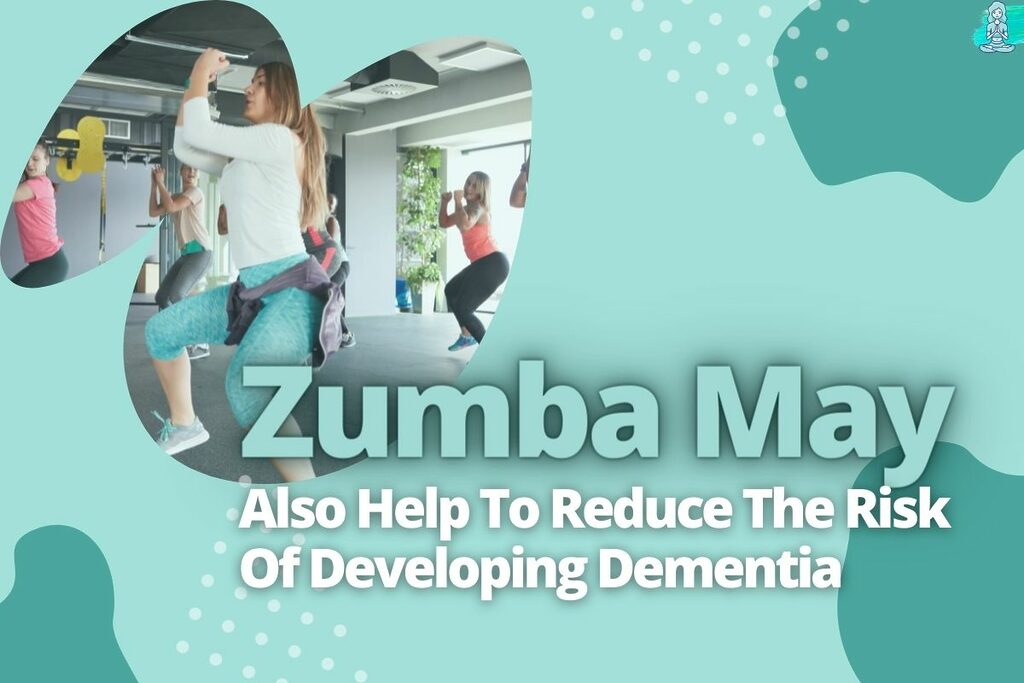
There is growing evidence that Zumba may also help reduce the risk of dementia. A recent study found that older people who regularly participated in Zumba classes had better cognitive function than those who conducted no physical activity.
Zumba is an aerobic workout that raises heart rate and blood flow to the brain, which is thought to be why it is good for cognitive performance.
Additionally, Zumba involves social interaction and mental stimulation, which are important for brain health. I have personally experienced its advantages for cognitive function.
Zumba Can Be A Fun And Social Way To Get Regular Aerobic Exercise
Zumba is a great workout for all levels of fitness. I have been teaching Zumba classes for over five years, and I love it. The nicest thing about Zumba, I usually tell my students, is that you’re having so much fun that you don’t even realize you’re working out.
And it’s true! Time flies by when you’re dancing and sweating to great music with a group of people. Another great thing about Zumba is that it’s a very social workout.
You’ll often find yourself making new friends in class, which makes working out more enjoyable. And studies have shown that when exercise is more enjoyable, we are more likely to stick with it long-term.
PRO TIP: Zumba is, without a doubt, one of the most complete (and fun!) workouts we can do. It’s perfect for toning your muscles, losing weight, and improving cardiovascular health.
The Benefits Of Zumba For The Brain
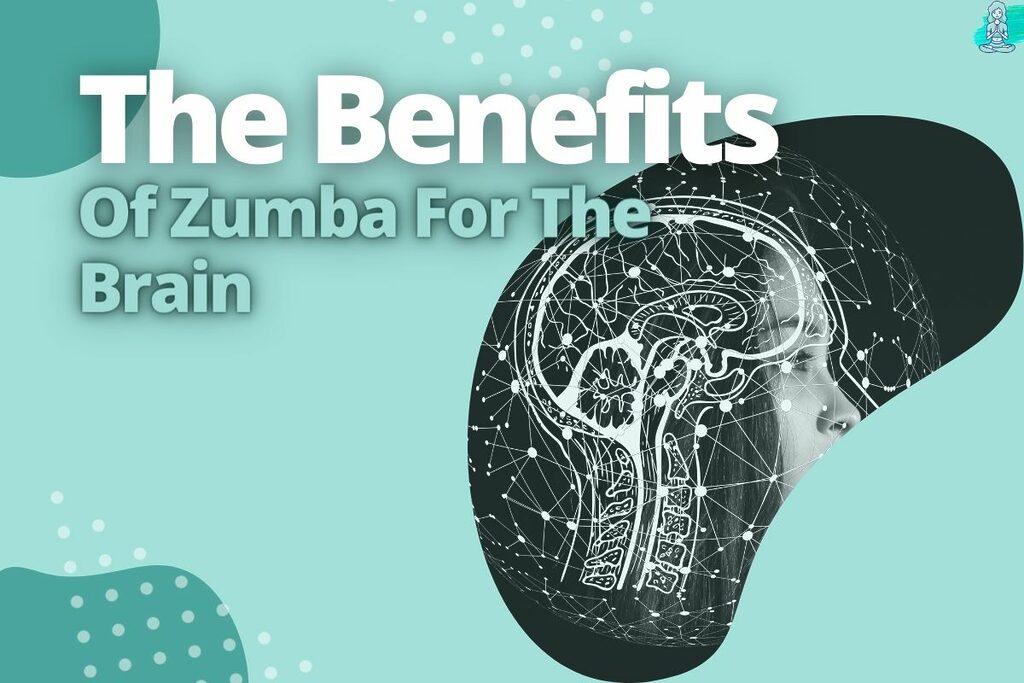
Aerobic exercise is beneficial for cognition, memory, and reaction time. One study found that six months of aerobic exercise improved executive function in adults aged 55-65.
Zumba may be especially beneficial for the brain because it combines music and movement. Music has been shown to have a positive effect on the brain.
One study discovered that older persons’ moods and cognitive functions were enhanced by listening to classical music. Another study found that music therapy improved depression, anxiety, and quality of life in patients with Alzheimer’s.
The combination of music and movement may also be beneficial for the brain. One study found that dancing improved mental well-being in older adults.
How Does Zumba Help The Brain?
There are several ways that Zumba helps the brain.
- The act of dancing requires coordination between the body and the mind. This coordination helps to improve balance and coordination. In addition, dancing can help to improve memory and executive functioning skills.
- Zumba provides a workout that is both aerobic and anaerobic. Aerobic exercise has been shown to improve brain function by increasing blood flow to the brain and providing neuroprotective benefits. It has also been demonstrated that anaerobic exercise, like weightlifting, offers neuroprotective advantages. The combination of aerobic and anaerobic exercise in Zumba provides a well-rounded workout that can help to improve brain function.
- Zumba can help to reduce stress levels. It has been demonstrated that stress has a deleterious impact on brain function, including reducing cognitive performance and increasing anxiety levels. Zumba offers a fun and engaging exercise that can help manage stress. Exercise is a great technique to lower stress levels.
The Science Behind Zumba And The Brain
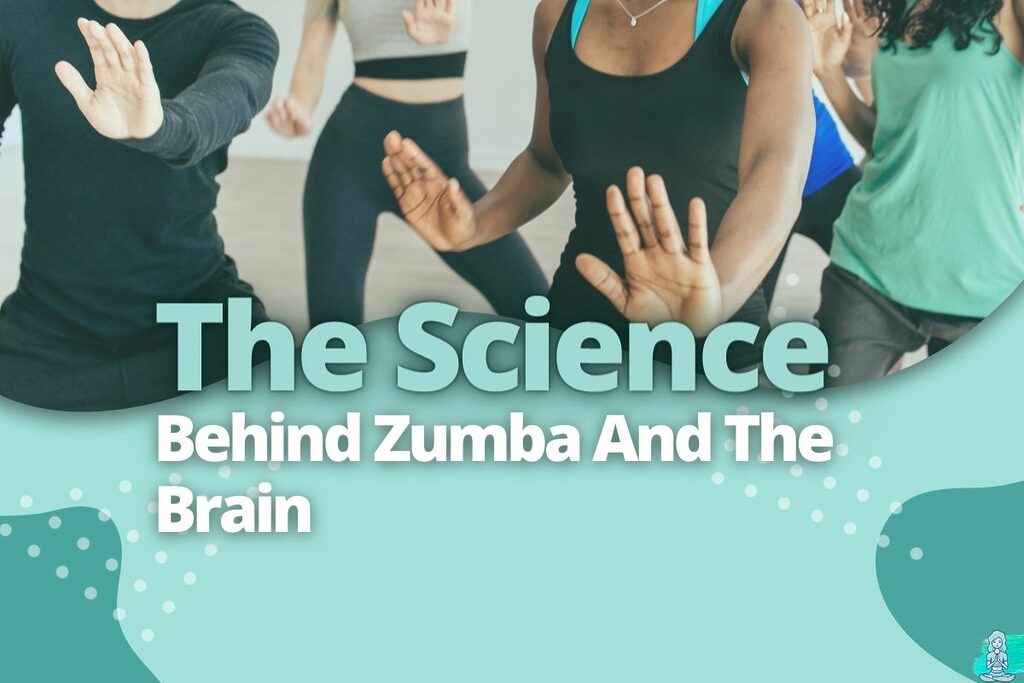
Zumba is a great workout for the brain because it increases blood flow to the brain. The improved blood supply to the brain aids with memory and cognitive function.
In addition, Zumba also helps to increase levels of BDNF, a protein that helps protect the brain from damage and ageing.
Exercise with Zumba has a lot of advantages. These benefits include improved mood, increased energy, better sleep, and reduced stress levels. In addition, Zumba can also help to improve your balance and coordination.
I have been participating in Zumba classes for years and can attest to the numerous benefits it has provided me with. Not only do I feel great after a Zumba class, but I also notice an improvement in my mood and energy levels.
Final Thoughts
Overall, research suggests that Zumba is good for the brain. It can improve cognitive function, reduce stress levels, and increase brain plasticity. If you’re looking for a way to boost your brain power, Zumba may be a great option.
So why are you still waiting? Get outside and start moving to your rhythm! And be sure to check back on our website for more great articles like this one.
Frequently Asked Questions
How does Zumba help improve cognitive function?
In addition to improving physical health, studies show that Zumba can enhance cognitive function by increasing brain blood flow and synapse formation.
What are the neurological benefits of dancing?
There’s some evidence that dancing can help improve your brain health, such as improving your executive functioning. Also, the increased blood flow to your brain when you dance can help keep it healthy.
How can Zumba help prevent Alzheimer’s and dementia?
With its high-energy, Latin-inspired dance movements, Zumba can help keep your mind and body sharp as you age. Each exercise involves fluid motion and coordination, which helps ward off cognitive decline. Furthermore, the dance-based movements in Zumba strengthen and tone your muscles, improving balance and flexibility.
How often should I take a break from Zumba to avoid injury?
Experts recommend taking a break from Zumba every 30 minutes to prevent injuries. However, 30 to 60 minutes of Zumba might be your best option if you’re just starting out or have an injury.
- How to Hold a Yoga Pose for 4 to 5 Minutes – Practical Tips
- A Guide to Finding the Perfect Yoga Mat for Carpet Floors
- Kneeling Yoga Poses: Hands, Knees, and Position Reference Guide
- Yoga Mat Vs Exercise Mat, Which Is Better?
- A Guide to Fun and Educational Yoga Books for Kids
- What To Wear To Yoga: A Comprehensive Guide.

